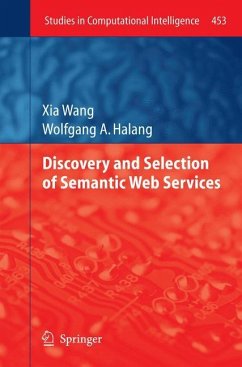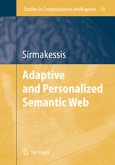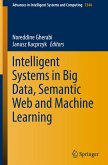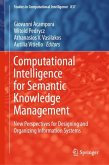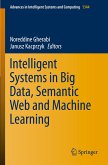For advanced web search engines to be able not only to search for semantically related information dispersed over different web pages, but also for semantic services providing certain functionalities, discovering semantic services is the key issue. Addressing four problems of current solution, this book presents the following contributions. A novel service model independent of semantic service description models is proposed, which clearly defines all elements necessary for service discovery and selection. It takes service selection as its gist and improves efficiency. Corresponding selection algorithms and their implementation as components of the extended Semantically Enabled Service-oriented Architecture in the Web Service Modeling Environment are detailed. Many applications of semantic web services, e.g. discovery, composition and mediation, can benefit from a general approach for building application ontologies. With application ontologies thus built, services are discovered in the same way as with single domain ontologies, and the mediation problem between service ontologies is solved. Further, an ontology-based approach to improve service discovery is proposed and validated. Within the service model, a service selection approach oriented at quality criteria is proposed. It normalises diverse qualities of a service in their respective metrics and employs a service selection algorithm based on soundness.
Bitte wählen Sie Ihr Anliegen aus.
Rechnungen
Retourenschein anfordern
Bestellstatus
Storno

